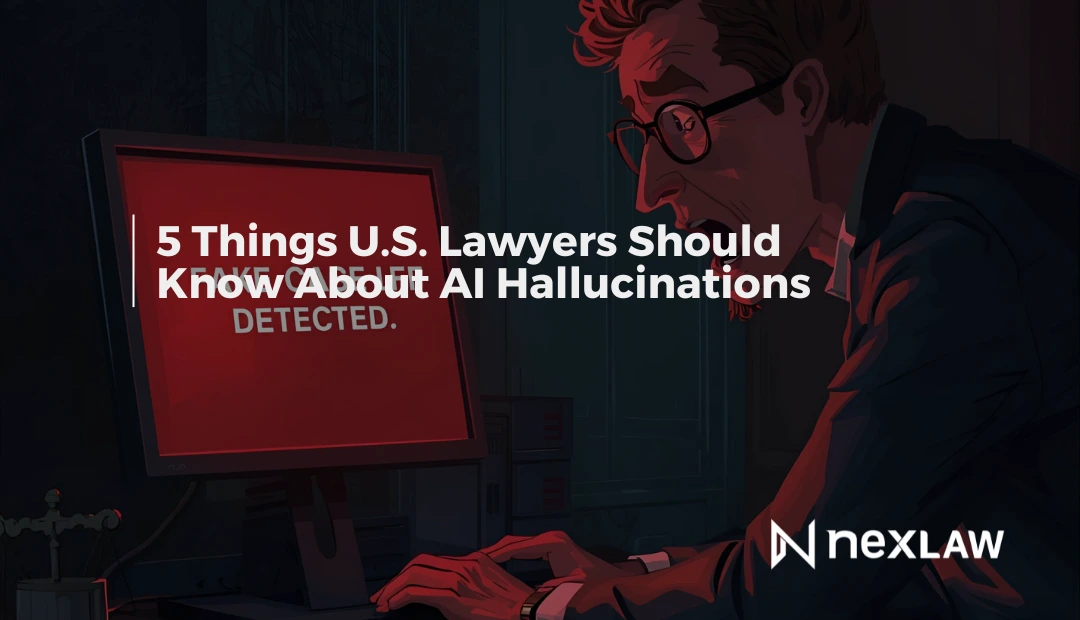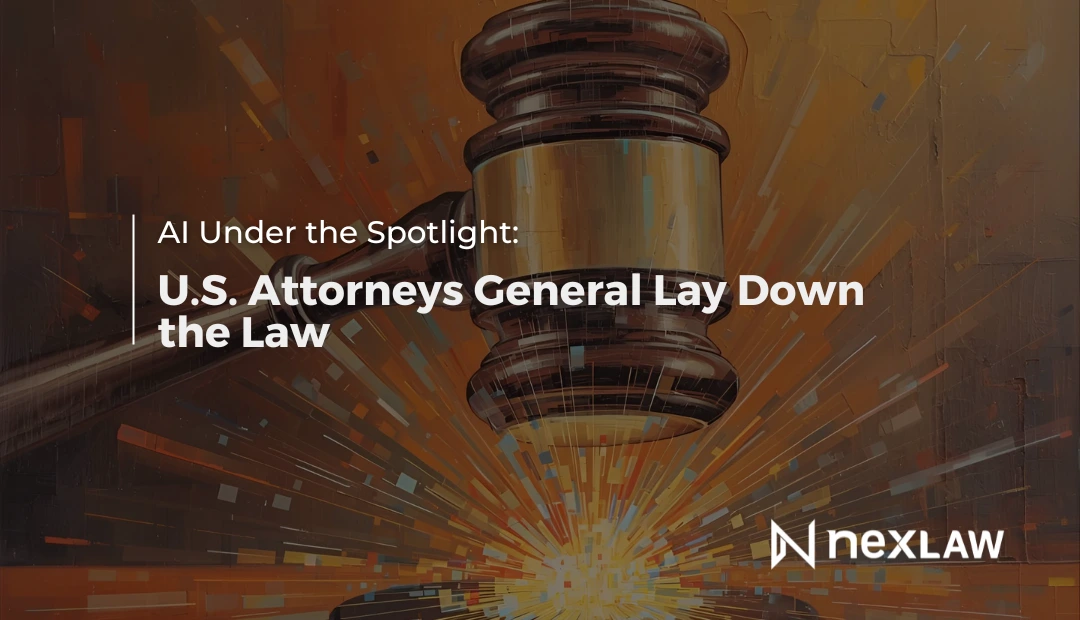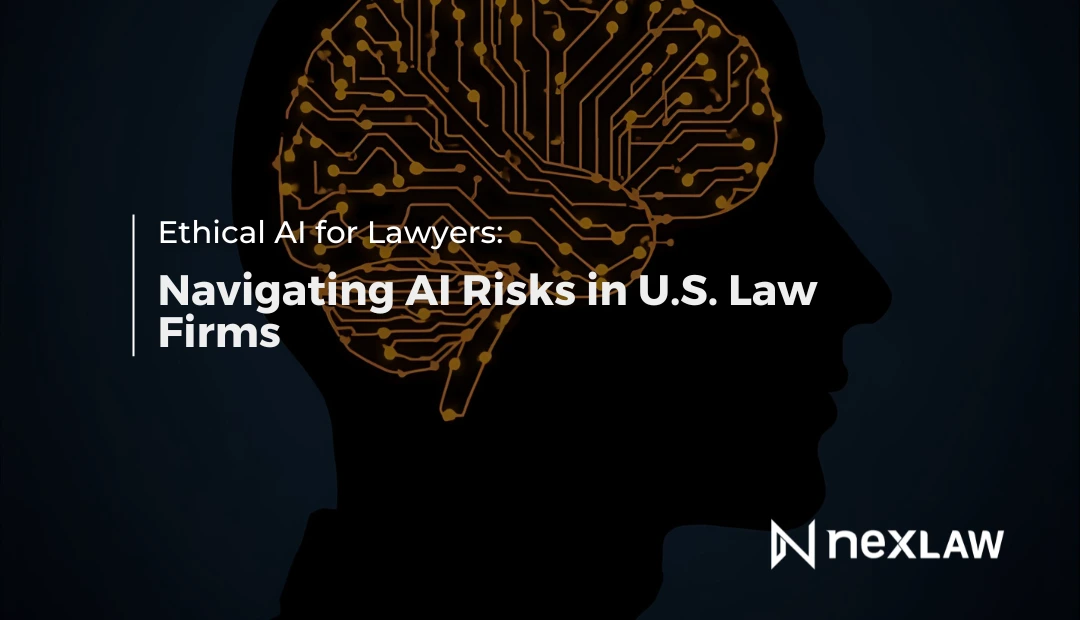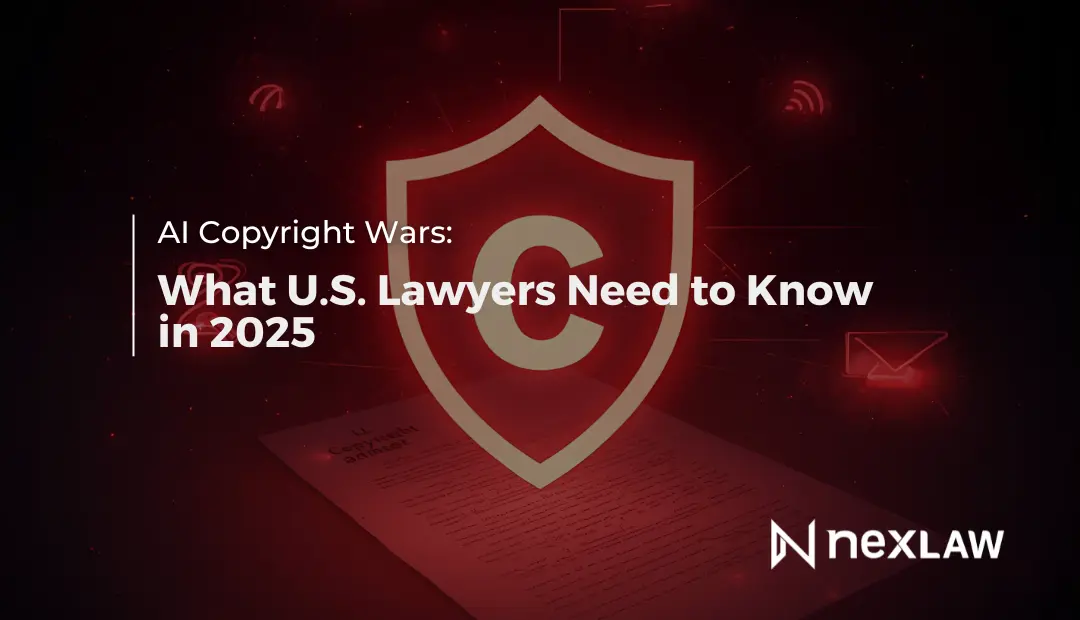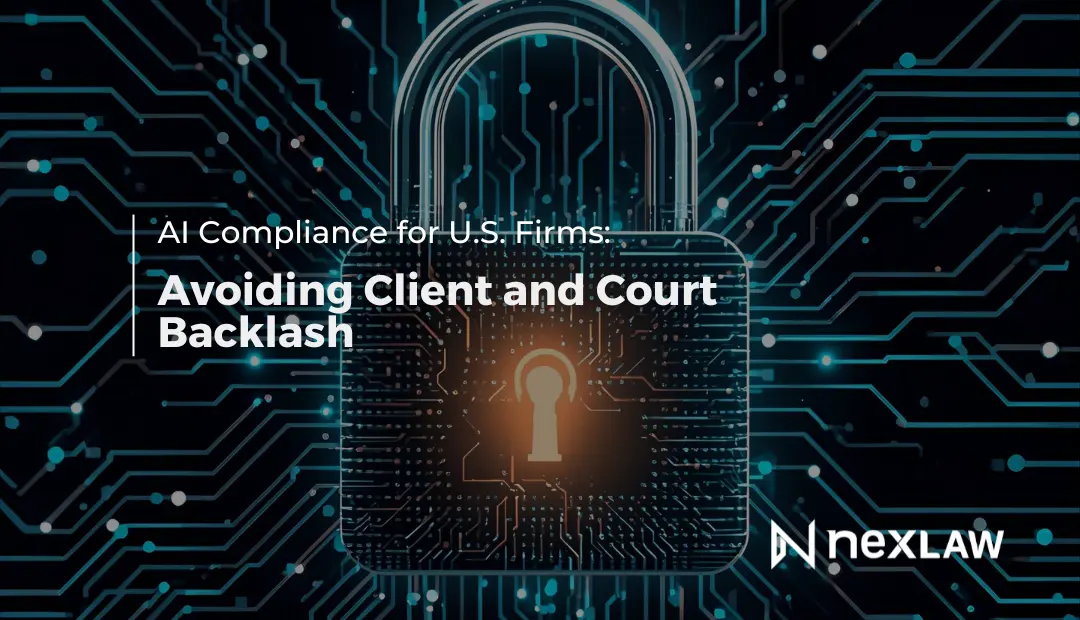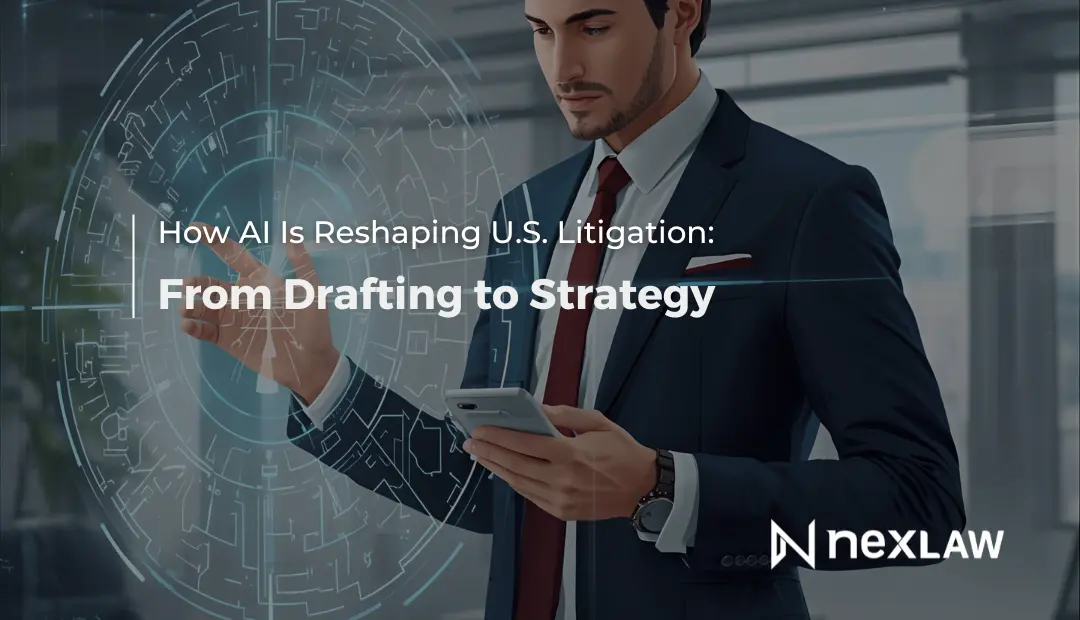import LocalizedLink from ”@/components/Link/LocalizedLink.astro”;
5 Things U.S. Lawyers Should Know About AI Hallucinations
Artificial intelligence is reshaping legal workflows, but its use in the courtroom and across legal documents carries one unavoidable risk—hallucinations. An AI hallucination occurs when a model produces information that sounds correct but is actually false. In legal contexts, this can lead to citations of non-existent cases, misinterpretations of statutes, or made-up facts.
For U.S. lawyers using AI in 2026, understanding how hallucinations happen and how to manage them is critical. This article offers five essential truths every attorney should know before relying on AI tools for legal work.
1. AI Hallucinations Are Still Common—Even in Legal Contexts
Despite major improvements, hallucinations remain a persistent issue. Even some AI tools trained on legal data have been shown to fabricate citations, misquote precedent, or insert interpretations that do not exist in any real jurisdiction.
Why it matters:
- Courts have rejected filings based on inaccurate citations
- Lawyers have been sanctioned for failing to fact-check AI-generated content
- Opposing counsel may use hallucinations to challenge the credibility of your filings
Bottom line: Always verify every citation and quote, even when it comes from a legal AI platform.
2. General AI Models Are More Likely to Hallucinate Than Legal-Specific AI
Open models trained for general use, such as conversational AI or chatbots, are not built for the legal profession. They may reference fictional case names, misstate statutes, or generate summaries that blend jurisdictions.
In contrast, legal-specific tools like
| Type of AI Tool | Risk of Hallucination | Designed for Legal Use |
|---|---|---|
| Generic LLM (e.g., chatbots) | High | No |
| Consumer-grade AI writing | Moderate to High | No |
| Legal-trained AI (like NEXA) | Low | Yes |
3. AI Can Misrepresent Law Across Jurisdictions
Even when real cases are cited, AI can misstate their meaning or apply them to the wrong jurisdiction. For litigators, this is especially dangerous, as court rules, statutes, and precedent vary greatly across state and federal systems.
Example: An AI tool might cite a California appellate case while the user is working on a New York trial-level motion. If that context is missed, the brief may contain legally irrelevant precedent.
Mitigation tip: Always use tools that allow you to set jurisdictional filters and display court-level sourcing.
4. AI Hallucinations Are Preventable With Human-in-the-Loop Workflows
The most reliable defense against hallucinations is human review. In 2026, the best law firms use AI tools to assist, not replace, attorneys in drafting, research, and analysis.
To minimize risk:
- Review all AI-generated content before using it in a filing
- Run final drafts through human proofreading and legal analysis
- Use AI as a first draft generator, not a final authority
Tools like
5. AI Disclosures and Ethics Rules Are Emerging in U.S. Courts
Judges are beginning to request transparency from attorneys who use AI tools. In some jurisdictions, courts have added rules requiring lawyers to disclose whether AI contributed to a filing and to confirm that a human has reviewed it.
Bar associations are also publishing ethics opinions on AI use, with guidance covering:
- Duty of competence when using AI
- Duty of supervision over AI-generated work
- Disclosure to clients when AI tools are involved
Takeaway: If you use AI in your litigation practice, prepare to explain your process and confirm human oversight.
Final Takeaway: Use AI, But Verify Everything
AI can speed up legal research and drafting, but it still needs guardrails. The cost of a single hallucinated citation could be a lost case, a damaged reputation, or a courtroom sanction.
Choose
- Try it with a
3-day free trial —no credit card required. - Or get full access with a
7-day free trial . - Want to see how it works for your practice?
Book a demo call with our legal AI team.
